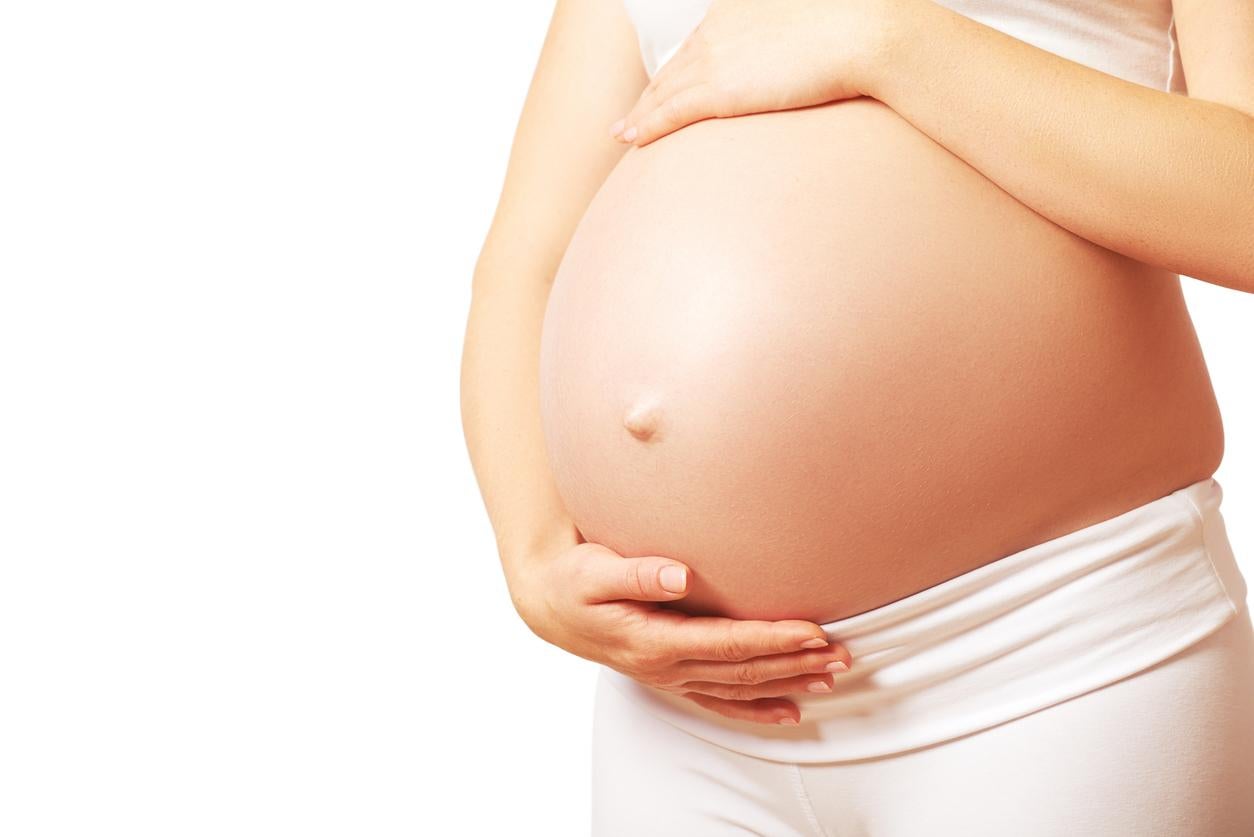The Independent's journalism is supported by our readers. When you purchase through links on our site, we may earn commission.
Pregnancy really does cause 'baby brain', new research finds

From forgetfulness to poor decision-making and a lack of concentration, pregnant women have long complained of so-called ‘baby brain’ but until now it has been dismissed by many as nothing more than an old wives’ tale.
However, according to a new study baby brain is a very real phenomenon.
Published in the Medical Journal of Australia, researchers from Deakin University examined the cognitive function of 709 pregnant women and 521 non-pregnant women in what is considered to be the first study of its kind.
Each woman was tested with a series of tasks including a digit span test where they were asked to memorise numbers in a line.
Unpredictably, the results found that compared to non-pregnant women, expectant mothers performed worse on tasks measuring attention, decision-making, planning and memory.
In addition, the scientists also said that baby brain affects women differently at various points of their pregnancy. While the decline appeared to start during the first trimester, it then stabilised from the middle to the end of the pregnancy.
That being said, it’s important to note that while the pregnant women didn’t do brilliantly in the tests, they were still performing well within the normal range.
As such, while some women might not feel as “sharp” as usual during pregnancy, it is thought that these effects are unlikely to have a dramatic impact on everyday life.
Though it may have been confirmed as a real thing, the researchers do admit that there is a way to go before determining exactly why women experience baby brain, and just how long it lasts for after giving birth.
"An intriguing study published last year showed there were reductions in grey matter in the brains of pregnant women in regions known to be closely tied to processing social information, such as decoding infant facial expressions and establishing healthy bonding between mum and baby," Sasha Davies, one of the study’s authors wrote in The Conversation.
"This presents a compelling idea that 'baby brain' is actually an important adaptive phenomenon that might help women prepare for raising their children by allowing their brains to adapt to their new role as mothers."
Moreover, the same study showed that this loss of grey matter was restored two years after the birth of the child.
Join our commenting forum
Join thought-provoking conversations, follow other Independent readers and see their replies
Comments
Bookmark popover
Removed from bookmarks